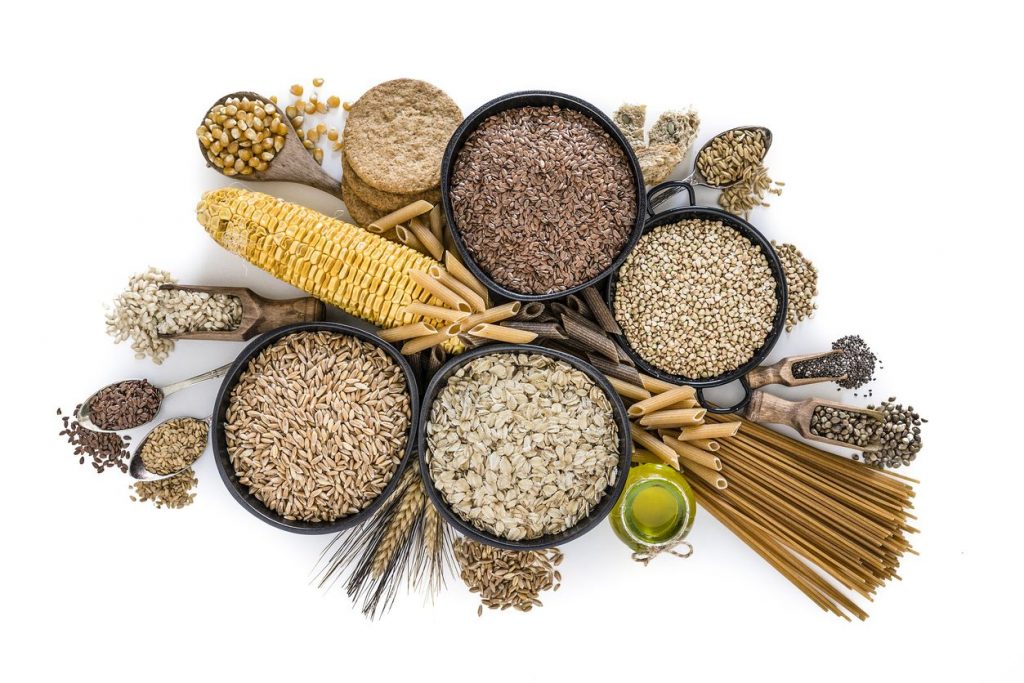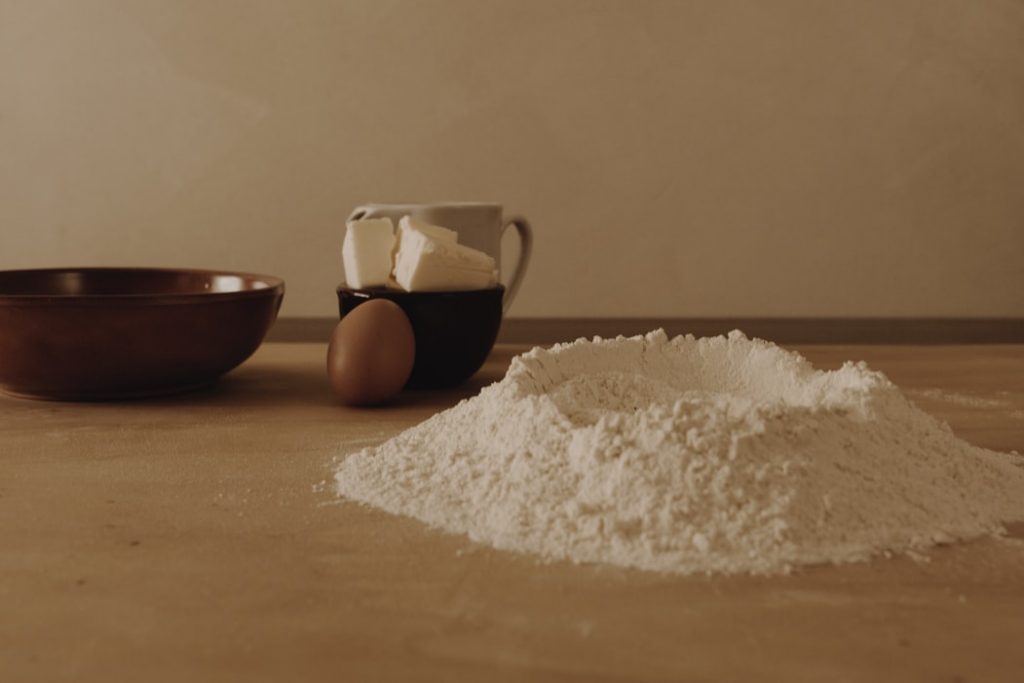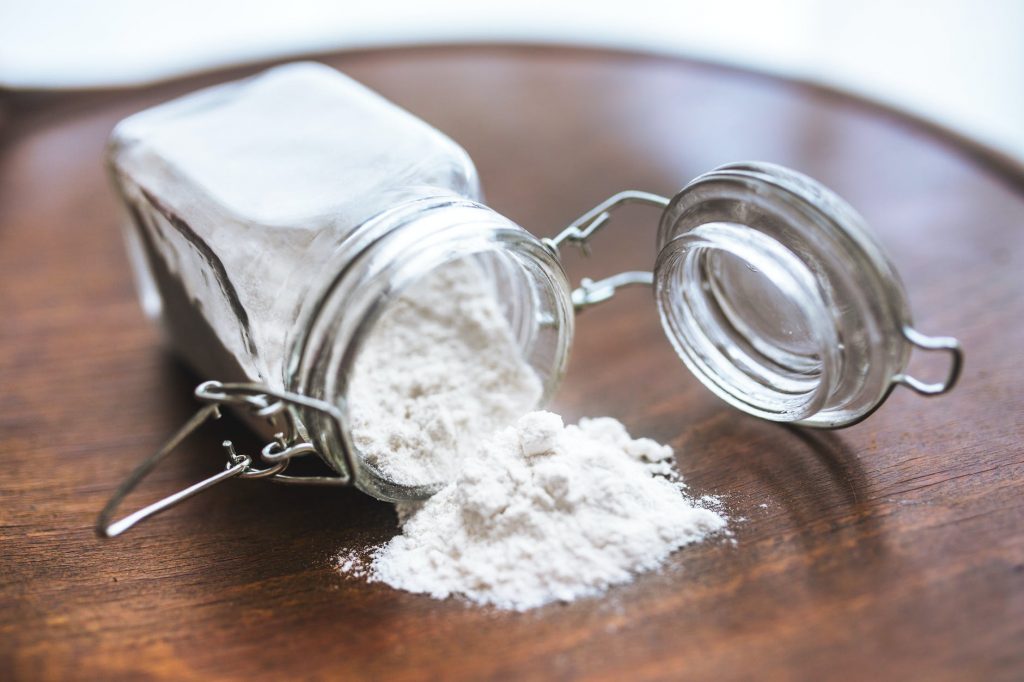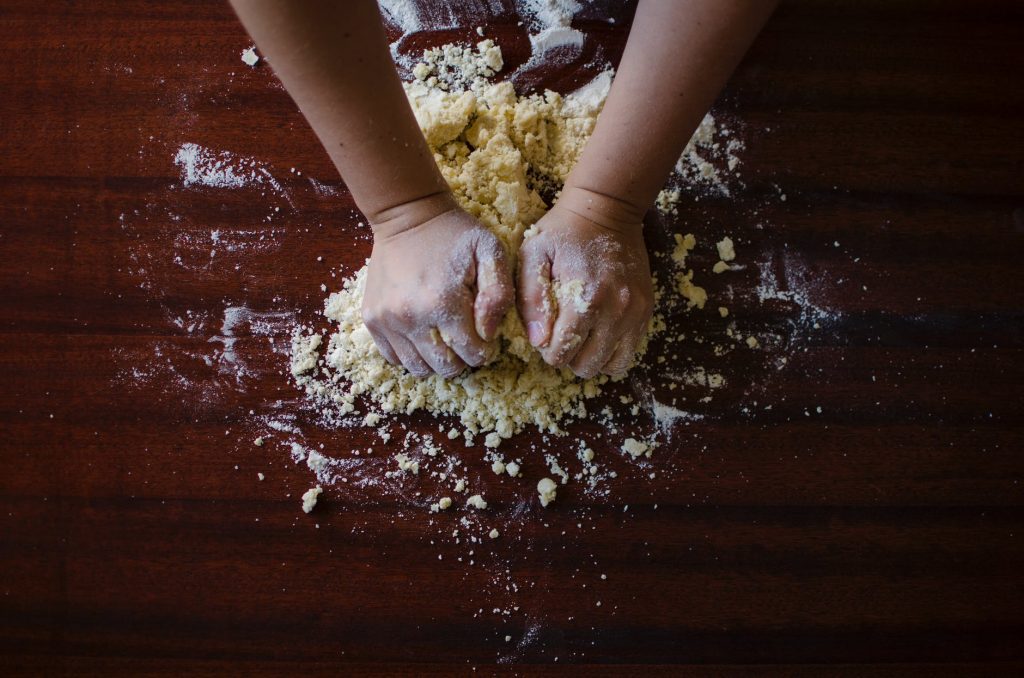There’s just something magical about flour. By definition, flour is a powder that’s made by milling or grinding things like grains, beans, nuts, seeds, roots, and other items. Generally speaking, practically anything can be a flour, from almonds and rice to soybeans and so much more. Different flours have different sorts of applications, of course, with wheat flour probably standing as the world’s most popular variety of flour. This is a very versatile flour with a great gluten structure, making it the go-to option for yeast breads, sandwich loaves, and much more.
Though at locations like Grainworks Organic Tillers & Millers, things go well beyond that basic type of flour. You can find a whole wide world of popular flours that you may have never even known existed. These flours range in texture, flavour and purpose. Some people want to get off the gluten for health reasons, or they want to leave those carbs behind, while others just want to eat a diet that consists of more natural, organic and healthy food. No matter what your particular tastes or dietary requirements, you’re bound to find a popular flour that’s right for you.
Different Types of Popular Flours

Img source: pexels.com
Organic Flour
The category “organic” here pretty much refers to every single type of flour. When you’re dealing with a high-end health food location, every single grain, nut, seed and root is grown organically, so that you’re getting the best quality. Though let’s keep it at the most popular type here, with organic unbleached white flour.
This organic flour is ideal for cakes and pastries, a wide range of breads, and things like making roux sauces that are thick and rich. You likely know how all-purpose flour works. Now, just imagine that it tastes much better and is much better for you. That’s the difference organic makes.
Whole Wheat Flour
Like the unbleached all-purpose stuff, whole wheat flour can also be used in a ton of applications. For instance, everyone’s seen that whole wheat bread beside the white bread. It’s the brown one! Many of you probably eat it.
The organic, healthier version of this gives you whole grains that are less processed and thus take longer to break down in the body while giving you a bigger dose of essential nutritious things like fibre, protein and vitamins. You can use whole wheat for any application when it comes to making bread, rolls, biscuits, dumplings, and much more.

Img source: pexels.com
Whole Grain Spelt Flour
When you grab the popular whole-grain spelt flour, you’re getting a flour that’s very similar to whole wheat, though it has a more pronounced wheat flavour and almost an earthy taste to it. It’s milled from the spelt variety of wheat, which has been cultivated by humans for over 5,000 years, so it’s not some new fad flour that’s just breaking onto the market.
Our ancestors were eating this stuff, and you can do anything with it that you can do with whole wheat. It has a darker colour and is a tad denser, and it doesn’t need to be enriched at all. It’s a good option for a healthier lifestyle.
Durum Semolina Flour
For you pasta lovers out there, you may be familiar with semolina. The organic durum semolina is milled from the durum variety of wheat. You should know that it’s a very high-carbohydrate variety of flour, however, with around 122g per cup, though also over 6g of fibre.
Because of how dense it is, it’s the go-to flour for most traditional pastas and even things like upma and couscous. This is the sort of flour that has a real chew to it. Many have taken to using it in a variety of flat-bread and crust applications due to its density. It’s a flour that can really hold up to being heavily sauced, and it’s very tasty on its own.

Img source: pexels.com
Brown Rice Flour
As the name would suggest, this is flour that’s milled entirely from brown rice. So while you’re getting a product that has the texture of normal wheat flour, and a product that has the same relative levels of carbohydrates, it doesn’t have the gluten. This is an ideal flour for people who are living a gluten-free lifestyle.
The good news is that you can still use it practically the same, perhaps with a few additions. For instance, for breads, you might want to add something like xanthan gum in order to mimic the chew and elasticity of normal bread, but rice flour will still make for a fantastic thickening agent and has a wide range of applications that can replace wheat flour for you.
Full Fat Soy Flour
Soy flour is made from actual soybeans, so it’s another flour variety that’s gluten-free and great for certain lifestyles. While it is lower in carbs than a lot of wheat flours, it still has a healthy dose of them, so this isn’t a good option for keto, like almond or coconut flours.
Generally speaking, soy flour isn’t used as a standalone flour in most goods, especially baked goods. It’s used in addition to other flours and as a substitute ingredient. It’s one of those flours that people usually go half and half with. So if you wanted to use it in a recipe, then you may only end up having half soy flour and then using another type. This isn’t required, though it’s how most of the recipes are formed.

Img source: pexels.com
Light Buckwheat Flour
A good brand of organic buckwheat flour might just be the most nutrient-dense type of flour on this list. If you want to get amino acids and fibre into your diet, then this is a great option for you. It has 17g of fibre, 22g of protein, and a lot of amino acids in every 1-cup portion. It’s also not a grain, considered a pseudo-grain, and so it’s also naturally a gluten-free product. This makes it a superfood for a lot of people who want to cut out the gluten yet maintain the integrity of their recipes with a flour that mimics whole wheat very well.
These are just a few of the most popular flour varieties that you’re going to find through a high-end organic store offering up these sorts of products. When you’re ready to really make important changes to the way you eat, you will find some quality flours waiting for you.





No Comments